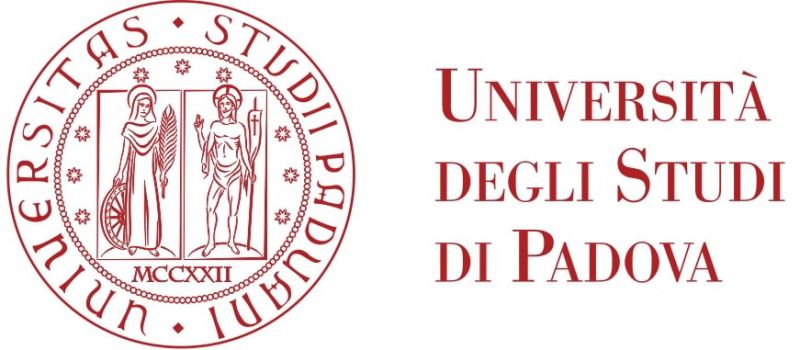

12 October 2012, h.11:00 - Room 201 DEI/A
|
Consensus on Manifolds The Johns Hopkins University |
Abstract:
Biography:
Professor Vidal received his B.S. degree in Electrical Engineering (highest honors) from the Pontificia Universidad Catolica de Chile in 1997 and his M.S. and Ph.D. degrees in Electrical Engineering and Computer Sciences from the University of California at Berkeley in 2000 and 2003, respectively. He was a research fellow at theNational ICT Australia in 2003 and has been a faculty member in the Department of Biomedical Engineering and the Center for Imaging Science of The Johns Hopkins University since 2004. He has held several visiting faculty positions at ENS Paris, the Catholic University of Chile, Universite Henri Poincare, and the Australian National University. Dr. Vidal was co-editor (with Anders Heyden and Yi Ma) of the book ``Dynamical Vision" and has co-authored more than 150 articles in biomedical image analysis, computer vision, machine learning, hybrid systems, and robotics. Dr. Vidal is Associate Editor of the IEEE Transactions on Pattern Analysis and Machine Intelligence (TPAMI), the SIAM Journal on Imaging Sciences and the Journal of Mathematical Imaging and Vision. He was or will be program chair for ICCV 2015, CVPR 2014, WMVC 2009, and PSIVT 2007. He was area chair for CVPR 2013, ICCV 2011, ICCV 2007 and CVPR 2005. Dr. Vidal is recipient of numerous awards for his work, including the 2011 Best Paper Award Finalist (with Roberto Tron and Bijan Afsari) at the Conference on Decision and Control, the 2009 ONR Young Investigator Award, the 2009 Sloan Research Fellowship, the 2005 NFS CAREER Award and the 2004 Best Paper Award Honorable Mention (with Prof. Yi Ma) at the European Conference on Computer Vision. He also received the 2004 Sakrison Memorial Prize for "completing an exceptionally documented piece of research", the 2003 Eli Jury award for "outstanding achievement in the area of Systems, Communications, Control, or Signal Processing", the 2002 Student Continuation Award from NASA Ames, the 1998 Marcos Orrego Puelma Award from the Institute of Engineers of Chile, and the 1997 Award of the School of Engineering of the Pontificia Universidad Catolica de Chile to the best graduating student of the school. He is a member of the IEEE and the ACM.

